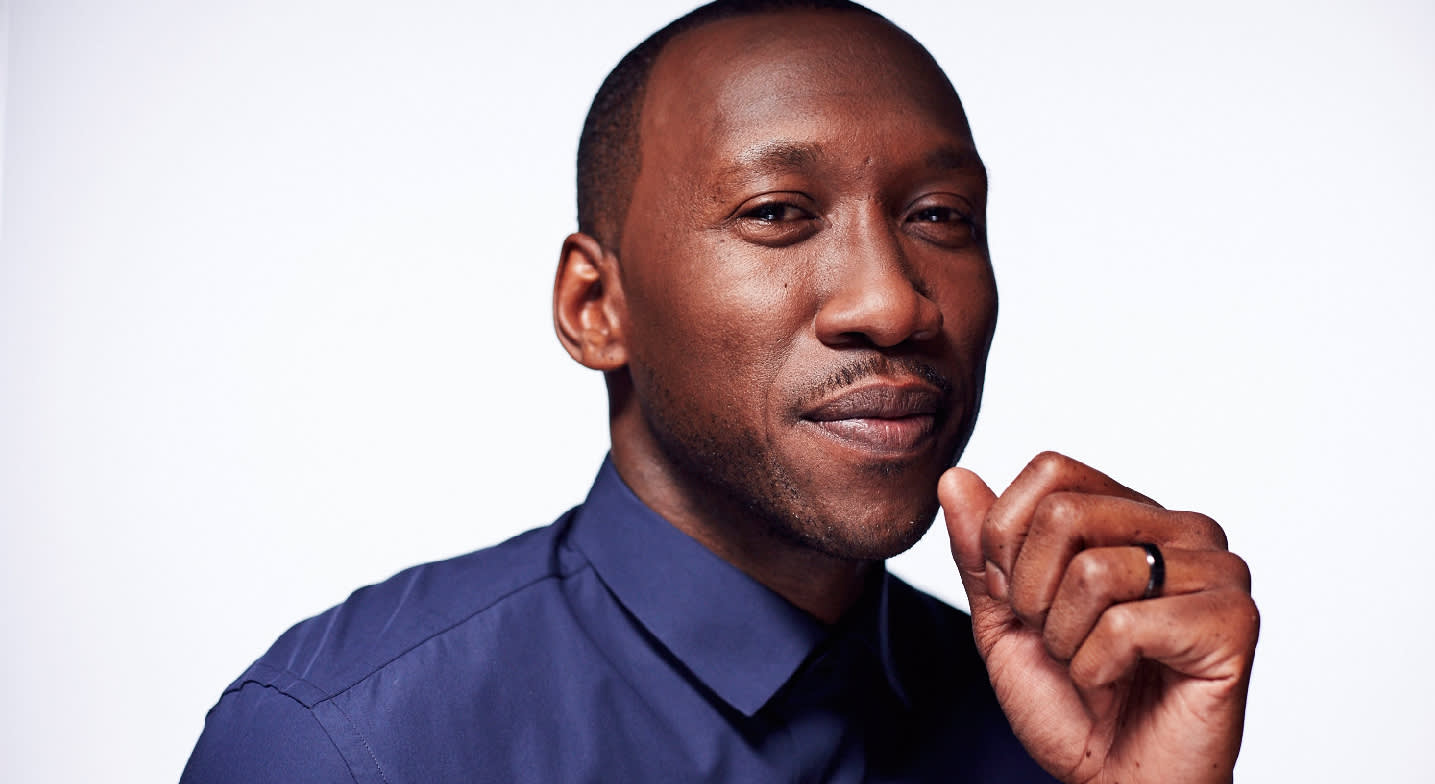Actor Mahershala Ali is all over the screen these days, from his role as DC heavyweight Remy Danton in House of Cards to his turn in blockbuster films like The Hunger Games: Mockingjay and The Curious Case of Benjamin Button. Now the star of the new film The Free State of Jones can add ”narrator” to his repertoire, having recently completed the Audible Studios production of the audiobook The Free State of Jones.
We asked him what it was like to make the leap from a visual medium to an audio one, and how this story offers another, less well-known side to the supposed “end” of slavery. Read or listen to his answers below.
What The Free State of Jones is about
Mahershala Ali: There’s this idea in American culture that … President Lincoln signs the Emancipation Proclamation and the slaves are free to go and kind of fend for themselves, and make a life for yourself out in America, right? But the reality is that, with the Reconstruction Era, there were the Black Codes and things that were … that are very much a part of our history, that kind of were a continuation of slavery.
That former masters and slave owners, these men who owned these large plantations, could essentially grab a young person, a young man who was black, and call him an “apprentice.” And so they were basically re-enslaved, they weren’t free to just leave, and there’s an interesting story in which Newt [Knight, the protagonist of the book] went and actually had to … go to court and pay money to get this young man to basically purchase his freedom.
“I’m participating in and documenting … something that I feel is lastingly relevant.”
Newt Knight is that person who was very ahead of his time, even probably for someone who, if he had lived in the North, I think he would have been someone who was ahead of his time. In two ways, I think, because he did desert — he was a Confederate soldier fighting against the North, and eventually he kind of realized that he was fighting a rich man’s war, and one where the layperson really couldn’t afford a slave. And if you had 20 slaves, your eldest child didn’t have to fight in the war, so if you had 40 slaves, your two eldest children didn’t have to fight. And so all these poor white yeoman farmers are out there fighting this war and they don’t even have any slaves.
But to have the relationships that he had with different racial groups, that seemed to be pretty fair and even and equal, and how he was about justice for all was, in my mind, very much ahead of its time. And I think people hearing the audiobook or seeing the film … I think in the time that we live in now, when we see these films or read these books that touch on a very divisive time in our country, I believe that people want to relate to [those] who were on the right side of history. In that way, I believe that this story is very relevant.
Narrating versus performing on-camera
I think that so much of the responsibility of a narrator, in doing an audiobook that is dense in this way and kind of a historical account, a lot of it for me is about getting out of the way of the narrative and just allowing it to speak for itself. You just have to be the glass, the vessel for the information, you know. If you try to put too much on it, I think in some way you kind of disrupt the natural flow of the story in and of itself.
“[Narrating is about] learning what the text requires of you in order for it to read as having life.”
I knew I was dealing with a very serious and dense piece of text, and I think what was a little surprising to me was the endurance one has to have. Because it takes a second to kind of wake up and to wake your mouth up, and even like doing your little warm-ups and what not, it just takes a second for everything to kind of click in place. And then towards the end of the day, the brain starts shutting down and words are moving around (laughs), so the endurance it takes to be articulating yourself in that fashion, in that way for a very long period of time.
With voice, when you can’t see someone’s physical gestures and different movement — you don’t have the use of the body — sometimes I find that you’ll have to (gestures), what will feel like exaggerating when you listen back to it, it actually kind of evens out. And it sounds natural and organic. When, if you just communicate in a manner in which I like to communicate, I listen back to it and I’ll be like, “Wow, that sounds really flat.” So it’s about learning the medium and learning what the text requires of you in order for it to read as being … as having life. Some life.
The need to tell this story now
I think the most rewarding aspect is just feeling, in some way, that I’m participating in and documenting a piece of history, and something that I feel is lastingly relevant. Something that we can always learn from; a story that just hasn’t been … yes, it’s there somewhere in the archives, but it hasn’t been shared enough. It hasn’t reached the popular culture yet, and I believe that it will, because it’s an important story.





